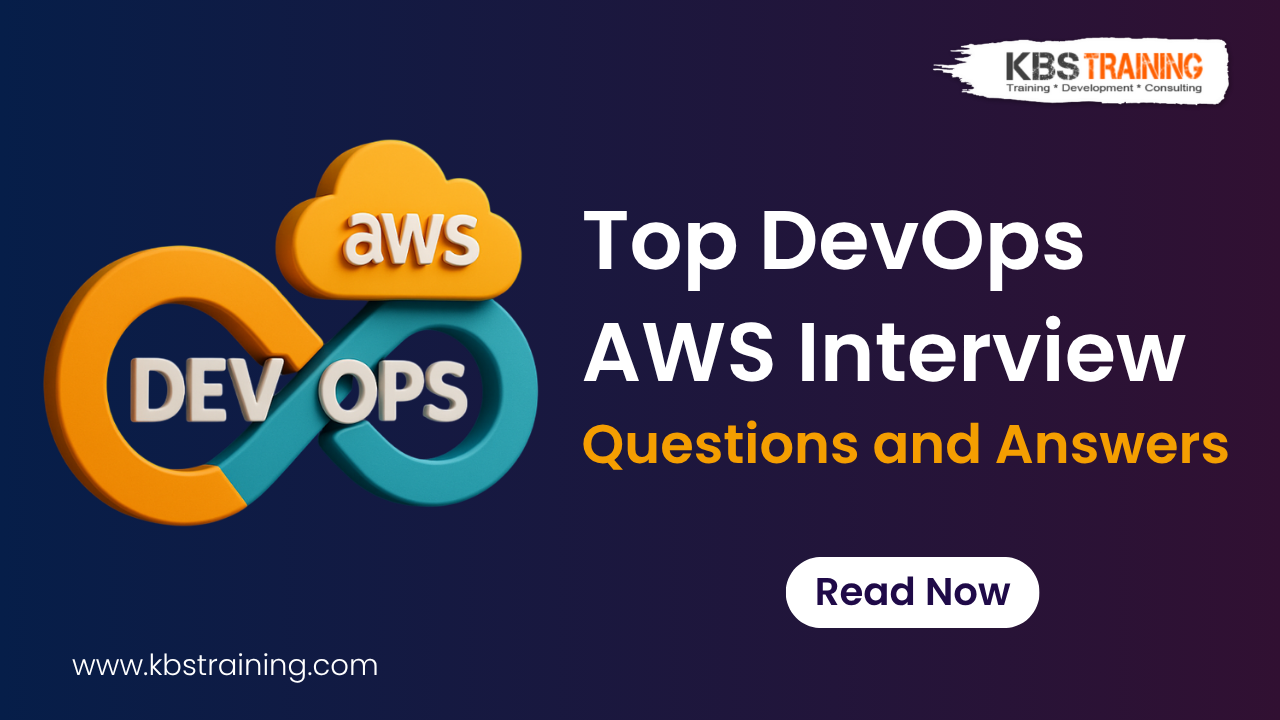1. What is DevOps, and how does AWS support it?
Answer:
“DevOps is a culture and set of practices aimed at automating the collaboration between software development and IT operations. AWS supports DevOps by offering a range of tools that enable CI/CD, Infrastructure as Code, and monitoring.”
Key AWS Tools:
-
AWS CodePipeline
-
AWS CodeBuild
-
AWS CodeDeploy
-
AWS CloudFormation
-
AWS OpsWorks
2. What is Infrastructure as Code (IaC), and how have you used AWS CloudFormation?
Answer:
“IaC is the practice of provisioning and managing infrastructure using code rather than manual processes. I use AWS CloudFormation templates to automate EC2, VPC, and other resource setups—making deployments consistent and auditable.”
🗣️ Quote to use:
“IaC allows us to treat infrastructure like software, enabling version control and automation.”
3. Describe your experience building CI/CD pipelines on AWS.
Answer:
“I’ve built complete pipelines using AWS CodePipeline for orchestration, CodeBuild for automated testing and builds, and CodeDeploy for seamless deployments to EC2 or Lambda. This streamlines releases, reduces bugs, and accelerates delivery cycles.”
🧠 Bonus Point:
Mention rollback strategies or blue-green deployments.
4. How do you monitor and ensure the reliability of AWS infrastructure?
Answer:
“I use AWS CloudWatch for real-time monitoring and alarms, AWS Config to detect configuration drift, and AWS X-Ray for tracing performance bottlenecks.”
Key Monitoring Tools:
-
AWS CloudWatch
-
AWS X-Ray
-
AWS Config
5. What is your experience with containerization and AWS ECS/EKS?
Answer:
“I use Docker to containerize applications and deploy them using ECS for simpler workloads and EKS when Kubernetes orchestration is required. This ensures consistency, easier scaling, and faster deployments.”
📣 Highlight this quote:
“Containers provide a consistent environment, simplifying deployments and improving scalability.”
6. How do you address security in AWS DevOps workflows?
Answer:
“I follow the principle of least privilege with IAM, use AWS Security Hub and Inspector for threat detection, and encrypt all data at rest and in transit. Patching and logging are also part of my standard routine.”
Security Tools Mentioned:
-
IAM
-
AWS Security Hub
-
AWS Inspector
7. Have you used automation tools outside of AWS?
Answer:
“Yes! I regularly use tools like Ansible for configuration management, Terraform for IaC across multi-cloud, and Jenkins for non-AWS CI/CD pipelines. They integrate well with AWS and help manage hybrid environments.”
💡 Quote:
“Automation is key to efficient and reliable DevOps practices.”
🙋♂️ FAQs
Q: Do I need to know AWS-specific tools for DevOps interviews?
Yes. Expect deep questions on CodePipeline, IAM, CloudFormation, and EC2 networking.
Q: Should I focus more on scripting or AWS services?
Both! Python or Bash for scripting and core AWS tools for infrastructure automation.
Q: Is Terraform better than CloudFormation?
Depends. Terraform offers multi-cloud support. CloudFormation is AWS-native and integrates tightly with their ecosystem.
📌 Final Thoughts
Mastering these DevOps AWS interview questions will put you ahead of the competition. Amazon and other cloud-driven companies want engineers who understand automation, cloud architecture, and secure deployments—and can demonstrate it.
Don’t just memorize answers—practice deploying real infrastructure, setting up pipelines, and managing containers in a live AWS environment.
🔗 Want to Learn More?
Consult Us Form: Click Here
Contact Us : WhatsApp
Register now for a FREE consultation to take your career to the next level
For Mail: Click Here | For More Info : Click Here

